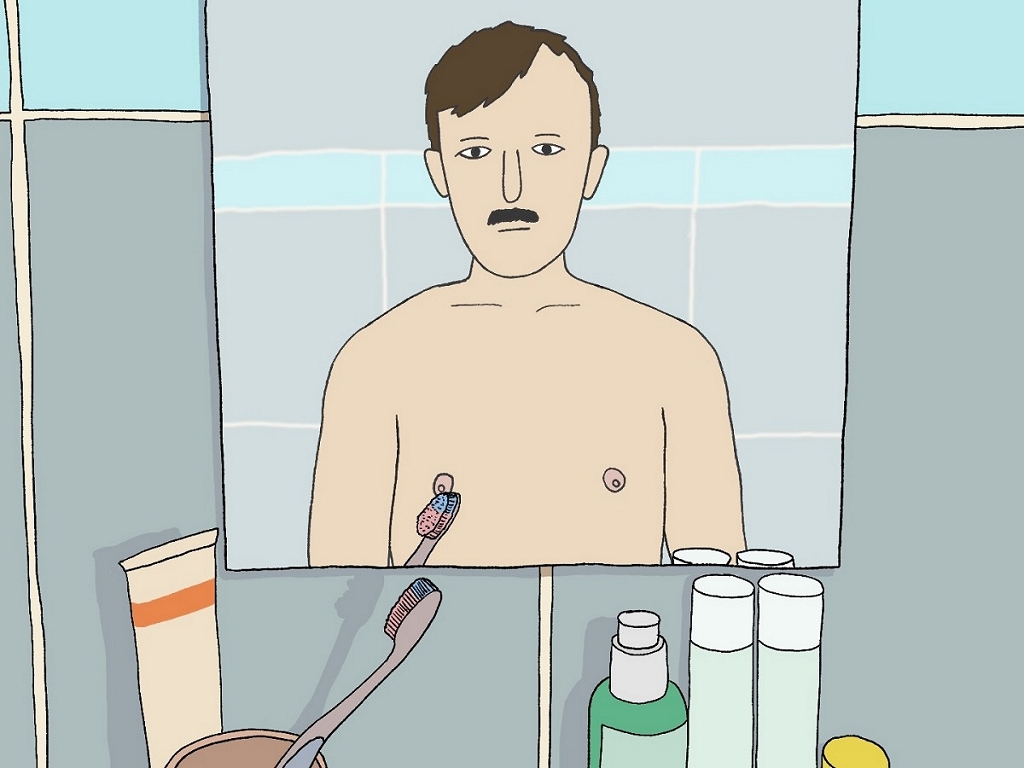The gym yes, the car does not (because you don’t know which one to buy): how to change the expense of families and why

The uncertainty, fueled by geopolitics, will be the queen of public and private behaviors. And according to economists and sociologists we will witness forms of « referee » between the different expenses
Export was certainly the golden paper that the Italian economy has been able to play out of the great crisis of the ten years. But today we know that sales abroad are under stress because international trade suffers and because Donald Trump’s sword represented by duties hangs on them.
Certainly the Italian operators are beating themselves to diversify the geographies of the outlet of their products but at this stage, meanwhile, it will be worth turning the eye to the internal market and its dynamics. In essence, in essence, as responses to growth in need of consumption will be able to give in 2025 and how families will interpret this new phase of geopolitical and commercial uncertainty. Istat data tell us that the climate of confidence of families, measured in March 2025, has dropped from 98.5 to 95 (and that of companies from 94.7 to 93.3) and in particular the reduction applies to what concerns the economic climate and the future.
Until a month ago it was not like that And that socio-psychological tendency combined perfectly with other surveys of the last quarter of ’24. The expenditure of families from October to December had grown by 0.2% and there had been an increase in the nominal available income of 3.1%, even 4.6% for industry employees.
The cost of life of life
As we will see a part of the extra income, however, one had redirected towards the saving, Also attracted by the good coupons of government bonds. As for inflation, it is all in all considered under control by traveling to +1.7% according to the data of January and February ’25. Consumer associations don’t think the same way, on the contrary. Basically they denounce that the inflation will also have fallen, but the prices have not followed it. Indeed some of them (referring to the shopping cart and in particular chicken, ground veal, tomatoes, pasta and bread) would have continued to increase in January generating discontent among customers.
Mario Sassi, expert in large retailers and animator of a very popular blog, told about the experiment of taking an old receipt of 2019 and replicating that expense, today and in the same store. Well, if in the past they had been paid to the cashier 124 eurostoday they were needed 174 euros To bring the same products home. Fifty euros more. From this and other Sassi considerations it achieves both the restlessness of consumers and the success of private label and the format of discount stores.
To put it in short, at least in the supermarket, The consumer adopts the defensive tactic of the short laborer In fact, the January retail sales dropped by 0.4% in value and 0.6% in volumes despite discounts and promotions by the distribution. We will see when more updated data will arrive and in the meantime to the news it is worth reporting how In Sweden, a seven -day boycott campaign has started («Bojkotta Vecka 12») launched by consumer associations against large retailers and against the increase in food prices in February. It is unlikely that something like this also happens in Italy, but the front is still hot.
Recovery or not?
Waiting for reliable ex-post surveys, for now we have to settle for forecasts. Those of Ref research tell us that consumption and increased purchasing power in the current year should balance around +1 percent. There is a small recovery of clothing and foodwhile the expenditure in technological appliances should remain stationary or by decline also because extraordinary news have not been placed on the market. « If, however, we expect consumption to be a lever to intervene on the industrial crisis, it must be said immediately that we are off the track – declares Fedele De Novellis, partner of Ref research -. For that goal, a decisive relaunch of the durable goods and a resumption of investments would be necessary. But pESA very much the indecision that envelops and blocks the car market. In principle we can think that the park-macine in the meantime has become obsolete and therefore the expansive cycle could also start again, However, the consumer does not know how to move between electric vehicle and endothermic vehicle and postpones spending decisions ».
In terms of investments, De Novellis looks carefully at German allocations for the defense and the possible drag effect that may have for the Italian mechanical supply. However, timing is not clear at all.
But let’s go back to families and their behaviors. If in the Covid years they have been an element of great stabilization of Italian society, taking care of care tasksredistributing resources inside, balancing guaranteed and not guaranteed and giving signs of continuity (less divorces and separations), how do they move today? According to Francesco Maietta, head of the consumption area, markets and welfare of the Censis, « the adaptation capacity remains the same as that time, even if it must be reported that they increase Unipersonal families who do not have the same characteristics and potential ».
The shield of savings
If we retrace a small story of these years, we see how families thanks to the liquidity accumulated under Covid have been able to hold to the subsequent inflationary blaze. The liquidity parked in the current accounts has served, then, to avoid a greater and ruinous fall of consumption and to ensure a relative seal of the level of well -being of the Italians. When the high wave of inflation is over, the families adapted thanks to the indirect contribution derived from the increase in employment (+513 thousand year on year). «It will not be of great quality places, but other pieces of income have entered the families that still served to make common balance. We take into account that More than a third of families have 2 or even 3 employed « notes Maietta.
The sociologist of Censis does not believe, and underlines it, to a tendency to absolute impoverishment, but admits that sectors of the average autonomous class, in particular owners of public exercises, which previously generated margins from their business today « traveling with water ».
The adaptation of Italian families in ’24 also led to a recovery of savings and also the last figure on the trust of March ’25 reports the provision of resources as an opportunity followed by many. The main reason, according to Maietta, is linked to the impact of the crisis of the National Health Service and « the fear of spending » that the new situation-we remember the lengthening of the waiting lists as an example-key-created in the Italians. The uncertainty, therefore, is the great queen of public guidelines and has become a structural factor with which we will deal for a long time.
Concern for duties
THEn virtue of this medium -term address and also for the news related to the decisions of the American administration and the battage on the duties is the risk that Italian consumers – even if they are not affected by the increase in rates – they can still determine a slowdown in expenditure and consumption. In part it will depend on the employment hold and on that contribution to the family budgets we have spoken of. «We will live a phase in which Families inside them will referee among the various expenditure chapters. For example, it is not said that it renounces purchases that once we would have considered voluptuous and that today they have become stable. I think of the gym, physiotherapy, away from home in general. I believe that this type of consumption will be preserved by cuts « . Maietta thinks like De Novellis about durable assets. «I don’t think there will be that thrust of the internal market that industry would need. In a short time it is unlikely that internal demand can make up for the difficulties of exports and the consequences of the introduction of duties « .
The contract factor
To complete the picture, it should be remembered that as regards the tendency of purchasing power, two important contracts of the industry are under renewal, such as those of chemists and metalworkers. The latter concerns 1.5 million workers and therefore has a weight on the progress of the available income it must be taken into account.







:format(webp)/s3/static.nrc.nl/images/gn4/stripped/data133314127-765aec.jpg)
